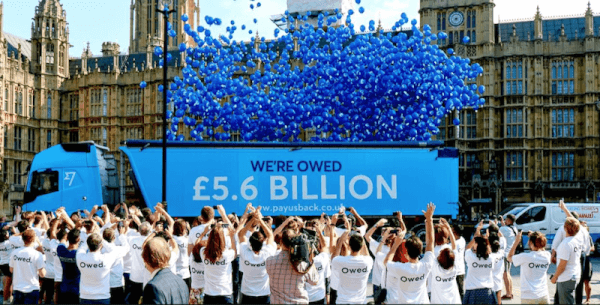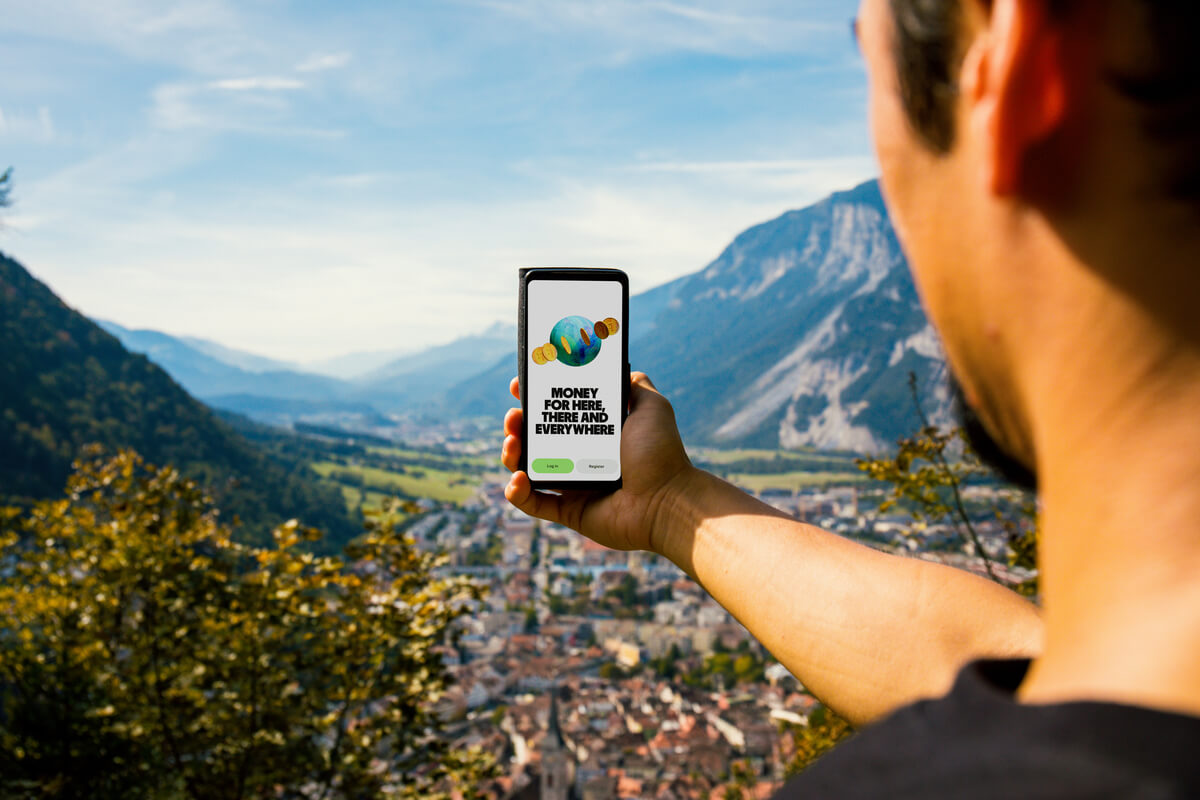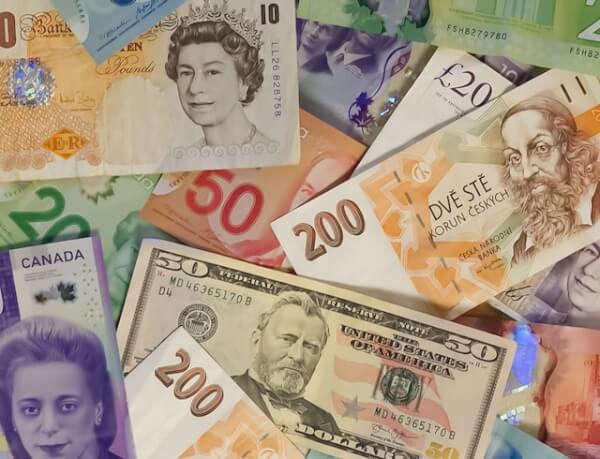We'll lose £215 billion to hidden fees unless we act
We’re set to lose £215 billion to hidden fees this year alone. That's because today, banks and other providers are able to tell you your transfer is free, has...

PSD2 is the second Payment Services Directive, designed by the European Union. It came into effect in 2018 and has done a lot of great things for consumers. For example, it allows you to pay online in a more secure way and to pay via bank transfer without having to type in all the information in your banking app.
The European Commission has started a review process of the PSD2. They are asking how they can improve PSD2 so it works better for people and businesses across the EU.
We believe that three key changes will go a long way to making finance better, fairer and easier. Here’s what we told the European Commission.
Transparency is a key part of our mission. We believe consumers should always know what they are being charged when they make payments in a different currency. Today, banks and other providers can hide the majority of the cost in inflated exchange rates - what we call an exchange rate mark-up. They usually give consumers an exchange rate that’s much worse than the “real” mid-market rate you can see on Google, Bloomberg or Reuters. Consumers need to resort to serious maths to figure out the real cost of an international payment.t is impossible for consumers to compare costs - especially as they cannot see the mark-up they are being charged. It means international payment costs remain high as people are paying fees that they don't even know about!
YouGov research showed that only 14% of EU consumers understood what they were really paying for an international payment. The current system means that EU consumers lost €12.5billion in hidden fees in a single year - without even realising it.
We believe that the law should change. A landmark EU law ('CBPR2') has already introduced more transparency for cross-border payments within Europe - a step in the right direction. But we believe that everyone should benefit from knowing what fees they are paying. Now, the EU should ensure all payments sent from Europe to the rest of the world are truly transparent - this will help those sending money home, young people studying abroad and people living international lives. This would improve competition and enable consumers to compare prices and shop around.
Fair access to payments systems was another of our big asks. We think it is important that all licensed fintechs and banks should have fair access to payments systems. Currently, payment companies like Wise have to rely on a sponsor bank to access the payments infrastructure. Banks are able to charge us, and others like us, a price per payment that is significantly higher than the wholesale payment cost. If we were able to have direct access to the payments system, it would make the market more competitive, encourage innovation - and would mean that we could reduce costs for our customers.
If we are able to get Direct Access to the Central Bank, it would mean we were no longer reliant on Banks to act as intermediaries for us. We could lower costs, and improve service for our customers. For example, when we became a direct participant in the Hungarian instant scheme, we were able to reduce costs for our Hungarian customers by 15%!
Open Banking lets you securely share your banking and other financial data with banks, third-party financial services and apps.
PSD2 led to banks opening up their Application Programming Interfacing (APIs) to enable this information sharing. This meant lots of new companies entered the market to better serve European customers. Open Banking has the potential to help us to make payments more quickly and with less hassle as it allows Wise to connect directly to your bank with all your data and information pre-filled - but it's not there yet..
In Europe right now, banks have criteria that they have to meet on their Open Banking APIs. However, the interpretation and implementation across Europe has been different. This has slowed down the progress of Open Banking as companies have to treat each Bank’s APIs differently - this leads to greater friction.
If there was a standard approach to APIs, Open Banking would make the market far more competitive and transparent. This would mean a cheaper, better, and faster service for European consumers when they make payments.
If we work together, we have a real chance of ensuring that the next version of PSD2 injects transparency into the financial services industry. In turn, this should help us to make your international payments more convenient and faster.
Join us in calling on the European Commission to end hidden fees when sending money abroad — Have your say!
*Please see terms of use and product availability for your region or visit Wise fees and pricing for the most up to date pricing and fee information.
This publication is provided for general information purposes and does not constitute legal, tax or other professional advice from Wise Payments Limited or its subsidiaries and its affiliates, and it is not intended as a substitute for obtaining advice from a financial advisor or any other professional.
We make no representations, warranties or guarantees, whether expressed or implied, that the content in the publication is accurate, complete or up to date.

We’re set to lose £215 billion to hidden fees this year alone. That's because today, banks and other providers are able to tell you your transfer is free, has...

From holidaymakers, students funding their student loans, people sending money to support loved ones back home, to small businesses working with overseas...

Chancellor of the Exchequer HM Treasury 1 Horse Guards Road London SW1A 2HQ Dear Chancellor, We are writing to you to take this opportunity to stop hidden...

£187 billion! That’s how much people and businesses lost to hidden fees in a single year.

Share your story with us. Why is sending money abroad important to you? How are hidden fees impacting you and your family? The International Day of Family...

Help change the law! Last year, when sending money abroad, British consumers and businesses lost £5.6 billion in fees. Is it bonkers? Yes! Is it surprising?...